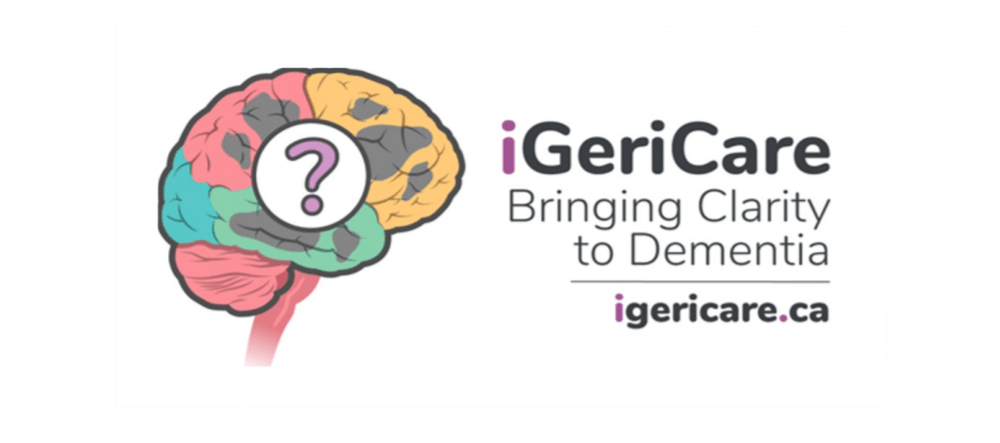New Online Support Program for Dementia Caregivers

With 25,000 new cases diagnosed in Canada, and roughly 570,000 Canadians living with dementia, the number of people left to navigate their new role as caregiver is steadily increasing.
To help bring more clarity to dementia, Neuropsychiatrist Dr. Anthony Levinson and Geriatrician Dr. Richard Sztramko developed a free, online education program for dementia caregivers, patients and their loved ones.
“Based on our work with caregivers and their families, we were really struck by the fact that health practitioners’ quick and limited meetings simply do not allow enough time to give caregivers the information that they really need,” says Dr. Levinson. “Mounting demands can make it impossible to even imagine reaching out for more education, so we wanted to present information in a real and accessible way,” he explains. This program is also meant to support areas that are still underserved when it comes to dementia resources.
iGeriCare offers 10 interactive lessons covering the essentials of dementia that caregivers complete at their own pace and in their own homes. Topics range from treatment options to managing aggressive behaviour to patient safety and caregiver wellness. “These lessons explain some really difficult concepts in a concise and relatively simple way to help caregivers get a better sense of how they are doing and offer strategies to take some of the pressure off,” adds Dr. Levinson.
Caregivers can also browse the resource library or access online discussion groups to share their journey with others facing similar challenges. Online, live events give caregivers an opportunity to speak directly to experts and ask questions as they come up.
One of the greatest benefits of the iGeriCare program according to Dr. Levinson is the ability to share this learning with other loved ones. “By also educating children at a distance, siblings, spouses or friends who are not providing primary care can get a better understanding of the daily burden, stress and challenges that caregivers face. This can make an enormous difference in someone’s desire to reach out, offer support and get involved, helping to reduce stress and improve quality of life for both caregivers and patients.”
iGeriCare is “in some ways very emblematic of the recent appreciation of the sheer number of individuals in these caregiving roles. The health-care system needs to do a better job supporting caregivers faced with a tremendous amount of work under constant stress and pressure,” says Levinson. Evidence supports that good education directly and positively impacts caregiver competency, stress management and mental health levels.
While Levinson and Sztramko acknowledge that this program by no means solves the problem but, “It is a great starting point or primer, packaged in a fairly unique way, that we hope will engage and motivate caregivers to explore some of the other great resources that already exist and [that they] continue to reach out for support throughout their journey.”
iGeriCare’s free lessons and resources can be found online at igericare.ca.
The iGeriCare project is currently funded through the Centre for Aging and Brain Health Innovation’s (CABHI) Researcher Clinician Partnership Program with in-kind support from McMaster University. The project was initially launched with funding and support from the GERAS Centre for Aging Research, the Hamilton Health Sciences Foundation, the Alzheimer Society Foundation (of Brant, Haldimand, Norfolk, Hamilton, Halton Region), the SPARK Program from the Centre for Aging and Brain Health Innovation, and the Regional Geriatric Program Central.
If you enjoyed this article, you may also like to read:
